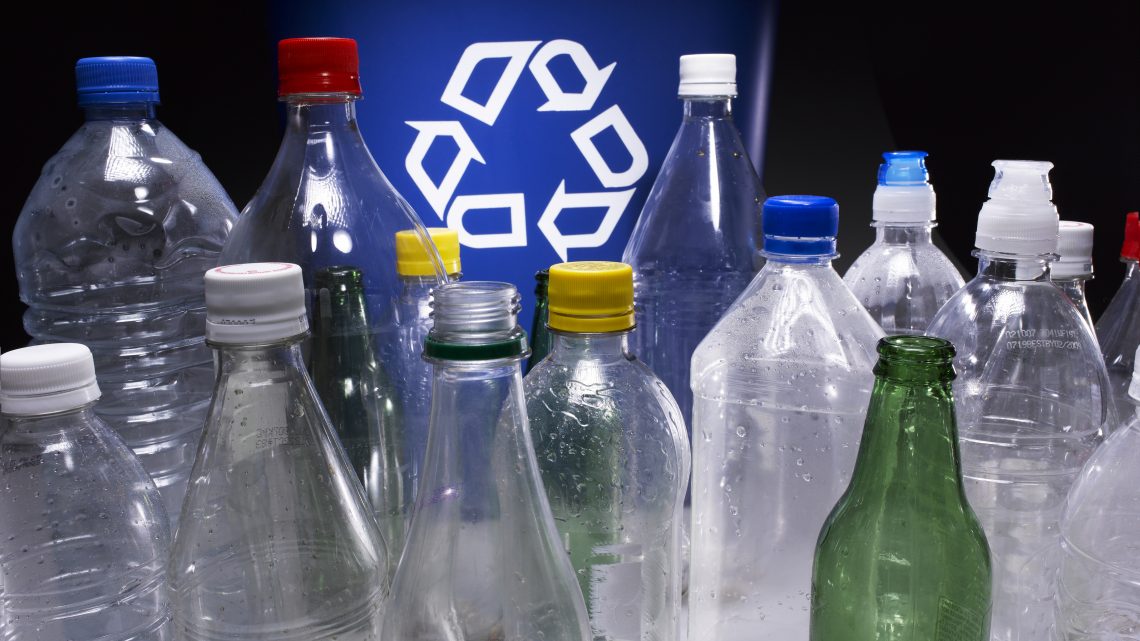Most of us realize by now that recycling is one of the best ways to minimize the amount of damage we do to the environment. And, as a nation, we are making an effort. According to the Environmental Protection Agency’s (EPA) most recent statistics, MSW (municipal solid waste) generation per person per day peaked in 2000. However, statistics still show 4.44 pounds per person per day in 2014.
We’re doing pretty well with recycling paper—recovery for 2014 was 65 percent. Many cities have recently banned cardboard for trash collection. And we are recycling steel, aluminum and glass products endlessly (a soda can will make it back to the store shelves in as little as six weeks).
But recycling plastic is an entirely different story. The EPA reports that the plastic producing industry grew almost 8,000 percent between1960 and 2007. Despite the sharp rise in the amount of plastics generated, large-scale recycling still lags far behind (only 4 – 5 percent) the recycling rate of other product types. One reason is that economic issues often make plastic recycling an unsustainable enterprise. The demand for recycled plastic is less than the demand for plastic made from virgin materials, so there is less of a monetary profit for recycling.
Also, people often assume that plastic containers are recycled into new containers and that they can be recycled again. Not so, according to the Ecology Center Plastics Task Force. Recovered plastics are typically used to make composite decking, textiles and parking lot bumpers, which cannot be recycled.
So what’s the bottom line?
It seems that we should choose to recycle whatever plastic items we purchase, and choose to buy recycled plastic products when possible, thereby increasing demand for them. The Kiplinger Letter asserts that prices for recycled plastic are on the rise, strengthened by new collection efforts.
But more important, I believe, is cutting consumption of plastic usage, or if possible, completely eliminating the purchase/use of plastic. If people refuse plastic as a packaging material, the industry will decrease production, and the associated problems such as energy use, pollution, and adverse health effects will diminish (see Seven Misconceptions about Plastic and Plastic Recycling).
Using alternative shopping bags (see my blog Best Bags Ever) is one easy way to reduce plastic in your daily life.
Why does all this matter?
Consider the following summary from Chris Blake’s book Searching for a God to Love:
Our final destination (forever home base) is not heaven, but this earth made new—where we will plant gardens and tend them and eat their produce. How we treat this planet now is how we will treat our future home forever. When we understand this, we realize why environmentalism is especially important to Christianity.










